Africa/Kenya/03-05-2020/Author(a): Claire Wanja/Source: www.kbc.co.ke
Kenya through Konza Technopolis Development Authority (KoTDA), has partnered with the Association of Countrywide Innovation Hubs,private sector,academia,Non-Governmental Organizations and the United Nations Development Program(UNDP), to launch the Great Covid-19 Innovation Challenge.
Konza Technopolis has convened multiple stakeholders to co-create technology-based solutions, by harnessing the creativity and innovative capabilities of Kenyans and Africans towards the challenges emerging from COVID19.
Eng. John Tanui, the Chief Executive officer KoTDA, said that “KoTDA is honored to lead this Great Challenge, as the convener of the technology and innovation ecosystem in Kenya. It is at times of adversity as espoused by COVID-19, that innovators are called upon to step up to the challenge and offer solutions. The hackathon will focus on three thematic challenge areas of around COVID-19, namely, Health Systems Innovation, Food Systems Innovation and dignified work.”
On his part, Mr.Joe Mucheru, the Cabinet Secretary for ICT and Youth Affairs said that “the Ministry of ICT has in place, a national data center located and managed by KoTDA, that will offer a platform for hosting the applications emerging from the challenge. One envisioned product is a call center solution targeted at front line health workers to access information, provide feed-back and make prompt decisions on managing the pandemic.”
Mr. Philip Thigo, Senior Director for Africa at Arizona State University’s Thunderbird School of Global Management said that “this Challenge is a testament to the power of multi-stakeholder collaborations in harnessing the power of emerging technologies and its ability to proffer practical solutions to pressing developmental challenges. We welcome the Government’s commitment to innovation and offer our capabilities towards this effort as one of the Top 5 Universities best placed to solve the world’s biggest Challenges.”
“The pandemic has proved that local solutions to such a global challenge are critical to the country’s efforts to mitigate and flatten the curve. Through collaboration, partnership,co-creation of ideas and harnessing the skills of youth, Kenya stands, a chance of mitigating the effects of the pandemic. As an association, we are keen to work with the government through the Konza innovation ecosystem to find solutions that can help the country overcome the pandemic while at the same time provide companies with solutions to mitigate social and business impacts.”said David Ogiga, Chairman, Association of Countryside Innovation hubs.
Since the declaration of Covid -19 as a global pandemic, the world has moved with speed to find ways of mitigating the effects of the pandemic as well as provide solutions to communities who have had to change the way they live, learn and work.
The pandemic was first reported in Kenya on 13th March. Since then, the country has been going through unprecedented times driven by the need to Isolate and reduce the spread of the pandemic. This new social norm has adversely affected all sectors of our economy. This situation, therefore, calls for creative and effective solutions to ensure preservation of life and productivity of Kenyans and the world.
Globally, technology and innovation centers and hubs are at the forefront of developing solutions towards the COVID19 pandemic. KoTDA as one such center of excellence in Technology advancement has taken the initiative to partner with other like-minded institutions to advance solutions as a practical response to mitigating against the effects and impacts of the pandemic and building resiliency Post COVID.
KoTDA wishes to acknowledge the partnership and support of Huawei, Oracle, Infonet, Microsoft,UK-Kenya Tech Hubs, Arizona State University’s Thunderbird School of Global Management, Moi University, Machakos University,Dedan Kimathi University,Meru University, Strathmore University and Technical University of Kenya.
Konza Technopolis is a vision 2030 project whose objective is to position Kenya as knowledge-based economy and a preferred Science, Technology and Innovation destination.
Through building a vibrant innovation ecosystem, Konza Technopolis shall focus on key sectors of the economy, among them, Life Science, Engineering and ICT/ITES that will enhance local innovation, R&D, entrepreneurship and Technology enterprise formation culture.
Konza Technopolis Development Authority (KoTDA) will initiate programs that will support the generation of 17,000 direct jobs and 30,000 residents on completion of phase 1 and over 200,000 residents on its completion.
Source and Image: https://www.kbc.co.ke/kenya-launches-the-great-covid-19-innovation-challenge/

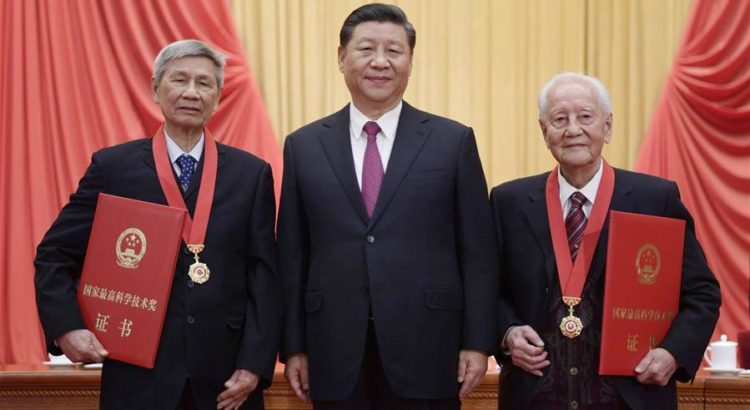
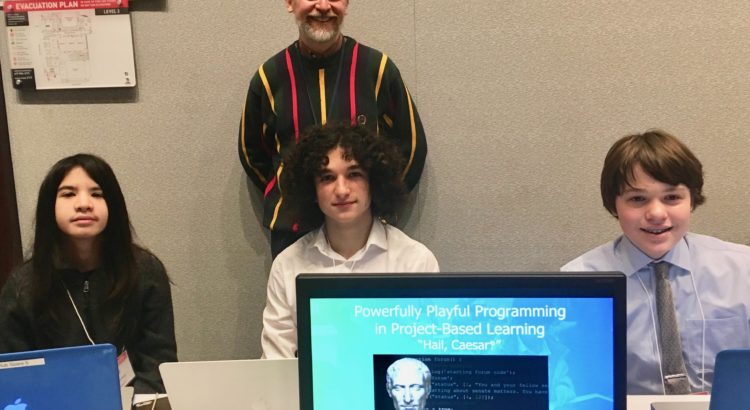
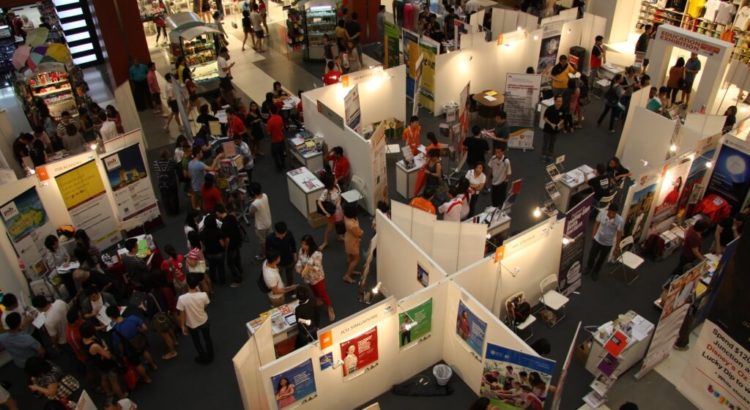
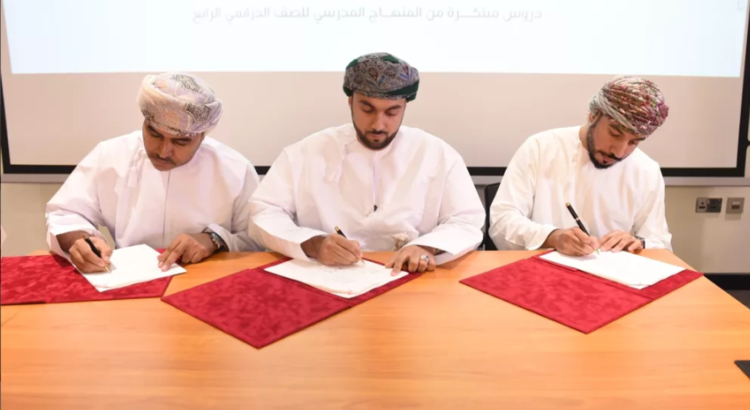
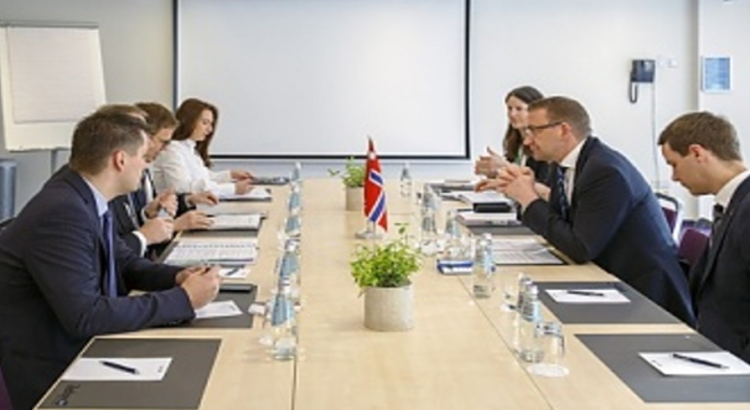
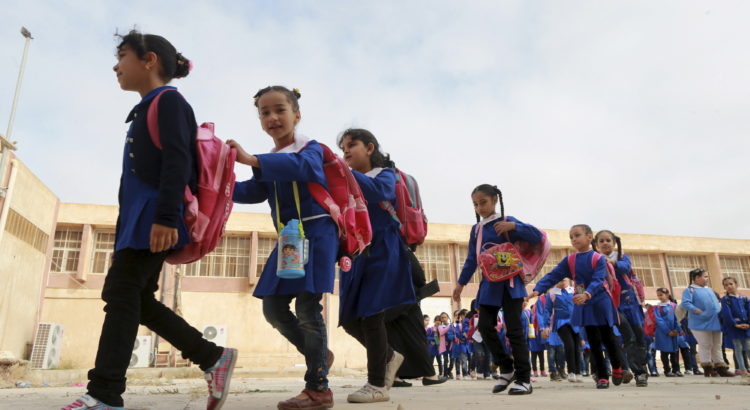






 Users Today : 286
Users Today : 286 Total Users : 35459881
Total Users : 35459881 Views Today : 460
Views Today : 460 Total views : 3418432
Total views : 3418432